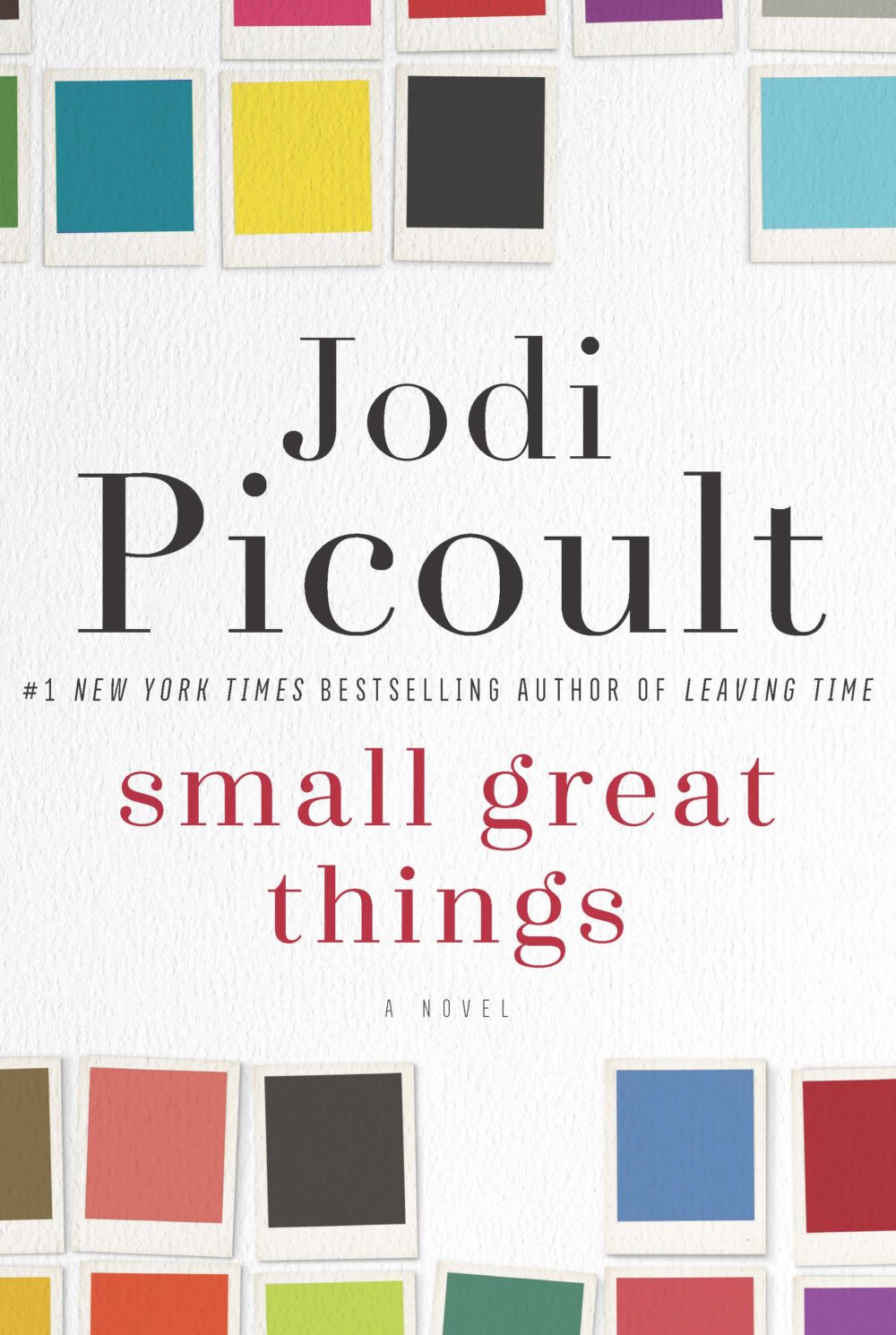


He was touching forty but didn’t feel himself to be getting anywhere or making any kind of progress and could not but sometimes wonder what the days were for.” And when he comes across the young women and girls in poverty and working amongst inhumane conditions at the laundry, Furlong questions, “But what if it was one of ours?” “Might things never change or develop into something else, or new? Lately, he had begun to wonder what mattered, apart from Eileen and the girls.

Yet, an underlining theme is that amongst the travesties that these women go through, he is unchanged and fears a trivial life. He’d had moments, in his marriage, when he’d almost feared Eileen and had envied her mettle, her red-hot instincts.” Furlong is surrounded by these women who feel and possess a hinted-at ancient female intuition. Women with “their canny intuitions, were so much deeper: they could predict what was to come long before it came, dream it overnight, and read your mind. In subtle and profound ways, this novel is about women. “Mister, won’t you help us?” But, they are locked in by Mother Superior. “As soon as they see him, they look like they had been scalded.” These women and girls, roped in rags and black soiled feet, hair shorn and cut with shears, ask Furlong for help. His life changes one evening while delivering coal when he finds in a chapel a roomful of young women and girls on their hands and knees polishing the floor. What would life be like he wondered, if they were given time to think and to reflect over things? Might their lives be different or much the same or would they just lose the run of themselves? He courted Eileen in a ‘high school sweetheart’ way, taking her to “the cinema and for long walks along the town path in the evenings.” Told from his narrative point-of-view, Furlong is quietly facing the edge of midlife and risked mundanity.Īlways it was the same, Furlong thought always they carried on mechanically on, without pause, to the next job at hand. Furlong is a wholesome family man he lives with his wife Eileen and their five daughters. Set around the days approaching Christmas, protagonist Bill Furlong, a coal and timber merchant, stumbles into the misery and mistreatment of women in the laundry at his local convent. Keegan’s third work offers a concise and humble reckoning of the atrocities committed against these women and children. The last laundry closed in 1996, and the staggering reality is that nine thousand children died “in just eighteen of the institutions investigated.” No apology had been issued by the Irish government or the Catholic Church, not until Taoiseach Enda Kenny did in 2013. Small Things Like These by Claire Keegan is a story dedicated to the victims of Ireland’s Magdalen laundries.


 0 kommentar(er)
0 kommentar(er)
